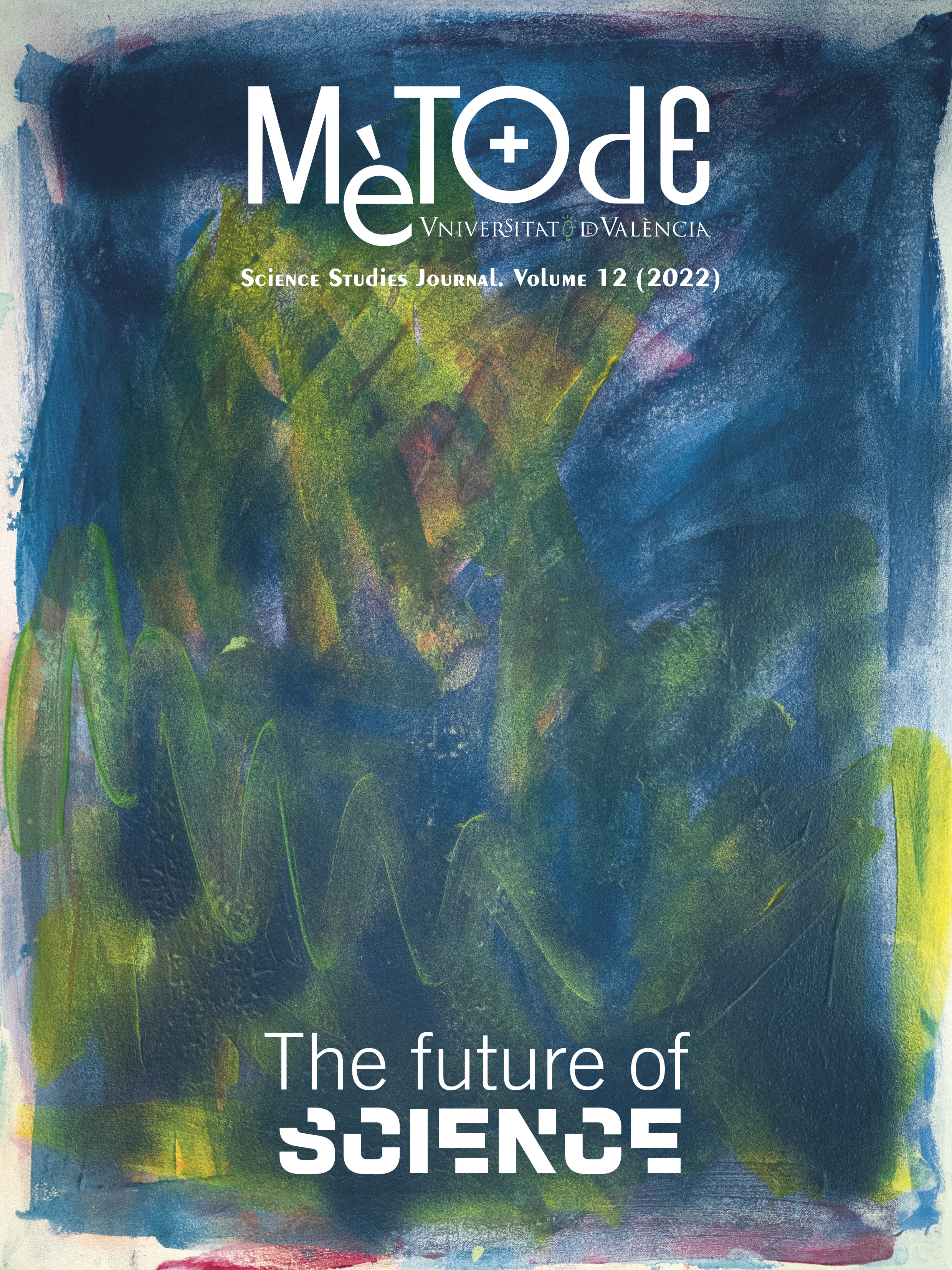Introduction: Citizen Science: Society takes centre stage
DOI:
https://doi.org/10.7203/metode.12.20890 Abstract
Abstract
In the past decade, scientific research that relies on the collaboration of citizens has grown exponentially. Be it for collecting data on bird migrations, noise pollution, or empty houses in a neighborhood, or for analyzing pictures of malignant cells or distant stars, or for transcribing ship logs or translating Egyptian hieroglyphs (all examples of real citizen science projects), there are countless opportunities for society to get involved in the work done by scientists and contribute to the accumulation of scientific knowledge. Also, other levels of engagement are possible beyond collecting or analyzing data: suggesting research topics, designing research methods, interpreting research results, discussing and disseminating findings.
This Metode SSJ monograph brings together contributions from several countries and from the perspective of diverse kinds of citizen science. From consultations to understand ways to improve science communication to increasing science and sustainability awareness through games and activities, exploring mental health support networks and analysing instruments for measuring radioactivity after a nuclear disaster. Concomitantly, issues such as levels of participation, the potential for doing citizen science in the social sciences, the impacts of education, or the role of digital applications are discussed.
 Downloads
Downloads
Downloads
Published
How to Cite
-
Abstract1411
-
PDF690
Issue
Section
License
![]()
All the documents in the OJS platform are open access and property of their respective authors.
Authors publishing in the journal agree to the following terms:
- Authors keep the rights and guarantee Metode Science Studies Journal the right to be the first publication of the document, licensed under a Creative Commons Attribution-NonCommercial-NoDerivatives 4.0 International License that allows others to share the work with an acknowledgement of authorship and publication in the journal.
- Authors are allowed and encouraged to spread their work through electronic means using personal or institutional websites (institutional open archives, personal websites or professional and academic networks profiles) once the text has been published.





